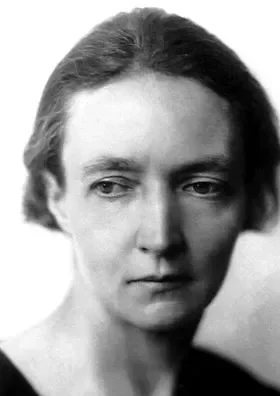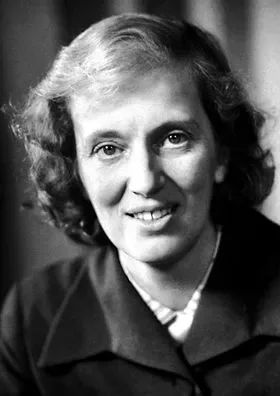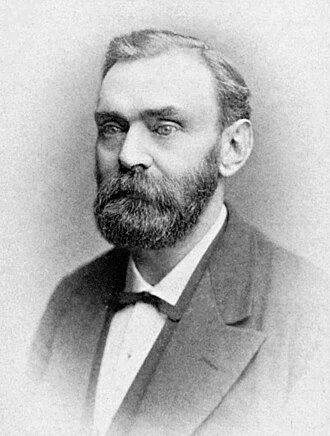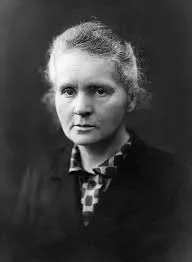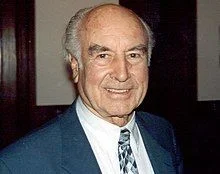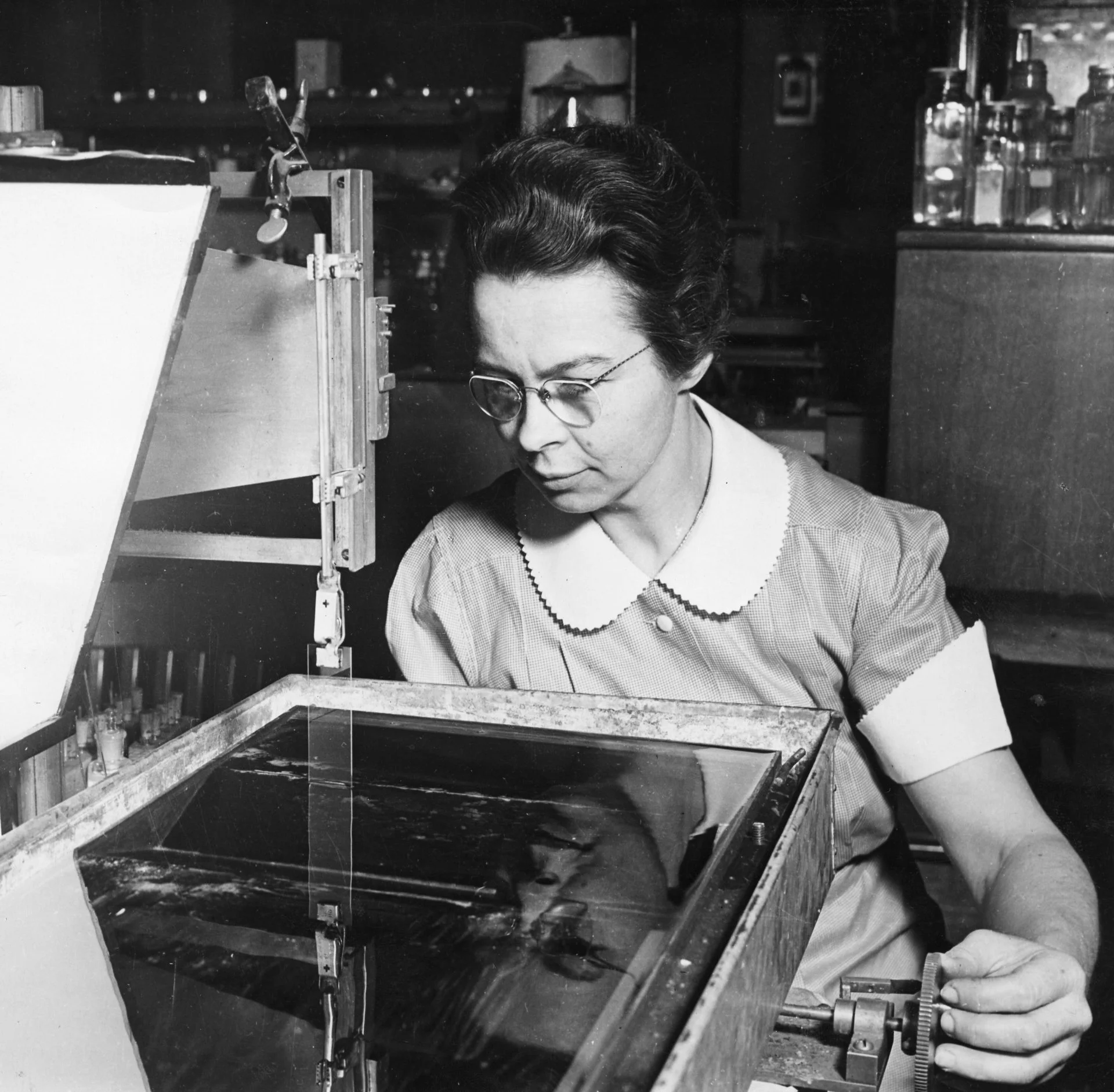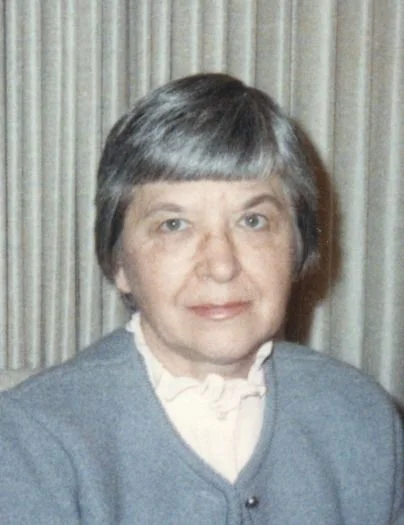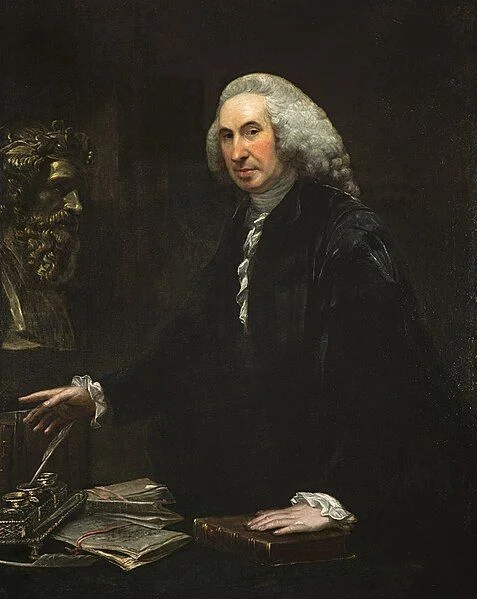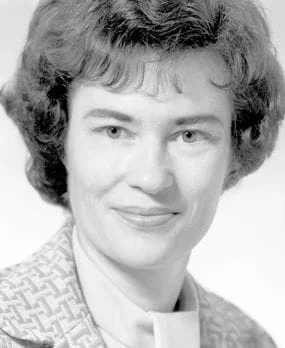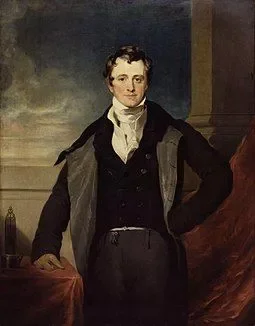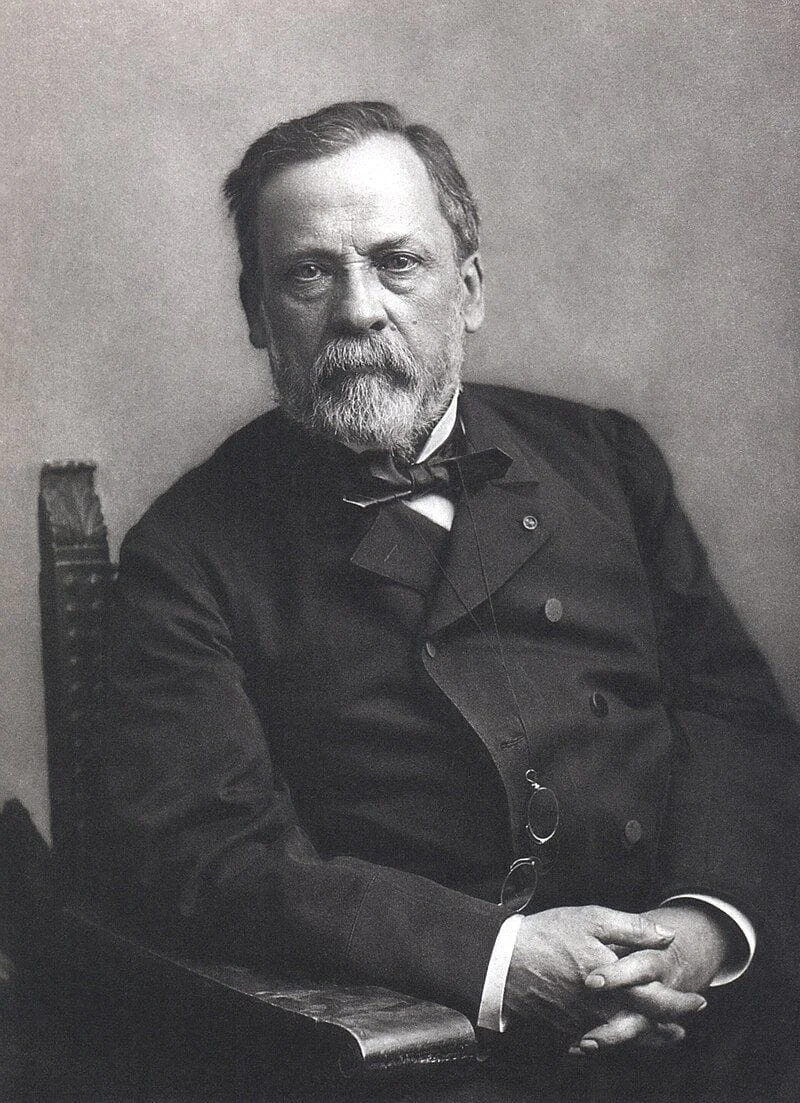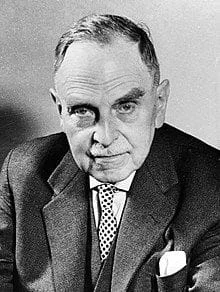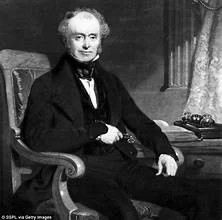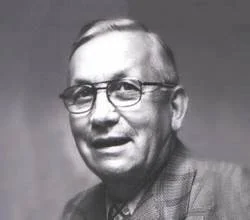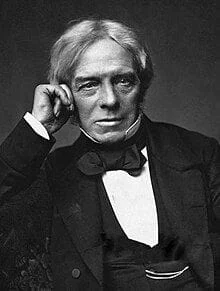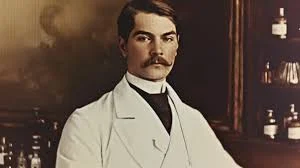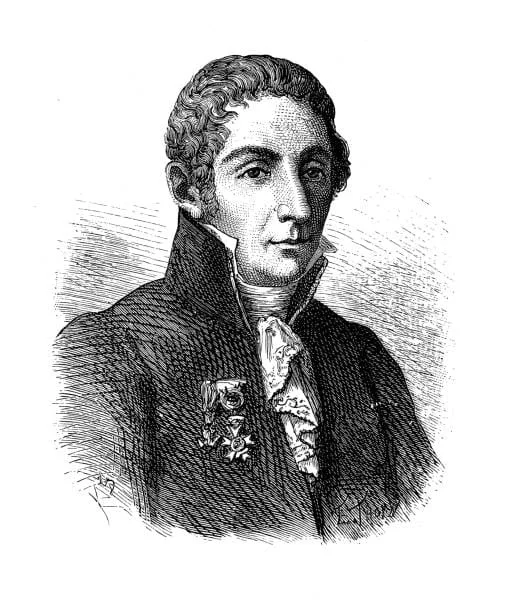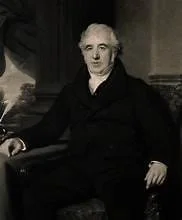Real Celebrities Never Die!
OR
Search For Past Celebrities Whose Birthday You Share
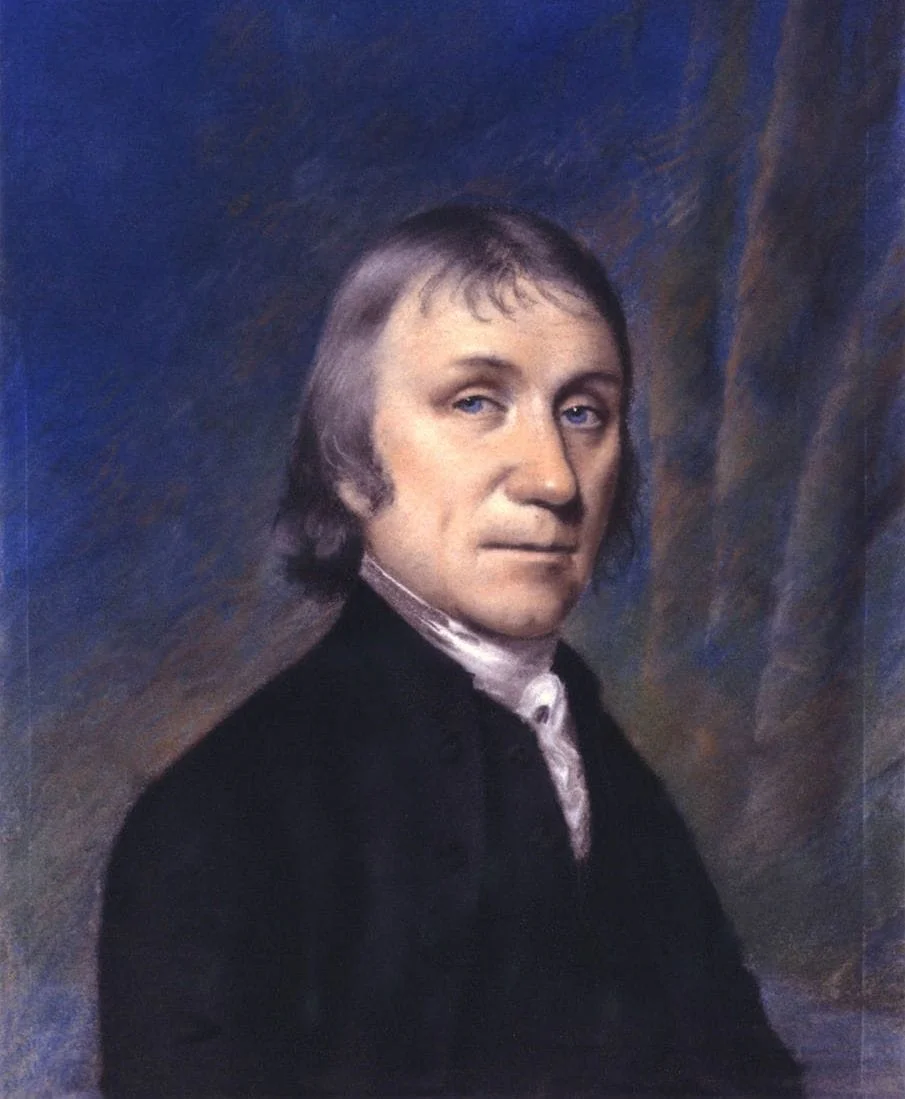
source:wikipedia.org
Joseph Priestley
Birthday:
13 Mar, 1733
Date of Death:
06 Feb, 1804
Cause of death:
Natural causes
Nationality:
England
Famous As:
Chemist
Age at the time of death:
70
Joseph Priestley's Quote's
Early Life and Education
Joseph Priestley was a notable figure from the 18th century. An English theologian, chemist, and natural philosopher, he’s mostly remembered for discovering oxygen. He was born on March 13, 1733, in Birstall, West Yorkshire. Throughout his life, he explored many different fields, with key contributions spanning science, politics, and theology.
His father, Jonas Priestley, was a cloth-dresser, and his mother, Mary Swift, sadly died when he was quite young. Because of this, his aunt took on the role of raising him. Early education mixed with a strong religious commitment significantly shaped his life.
Academic Pursuits and Early Career
Joseph Priestley attended local schools before going on to study at the Dissenting Academy in Daventry. As a student there, he showed great promise and developed an interest in natural philosophy and theology. By 1755, he began working as a minister in Suffolk and later held positions in places like Cheshire and Leeds.
Electricity and Gas Experiments
In the early days of his career, Priestley focused on electricity. He looked up to Benjamin Franklin’s experiments for inspiration. In 1767, he released an important book named “The History and Present State of Electricity” that helped boost his scientific reputation.
However, it was through his gas experiments that he truly made his mark. During the 1770s, while experimenting with gases, Priestley made an incredible discovery by isolating a colorless gas he called “dephlogisticated air.” He observed that a candle shone brighter and lasted longer in this gas compared to regular air, and a mouse lived longer as well. This gas was later identified as oxygen, although it was Antoine Lavoisier who named it and described its vital role in combustion and respiration. The acknowledgment of oxygen is viewed as a transformative turning point in chemistry. Along with this discovery, Priestley also discovered other gases like nitrous oxide (commonly known as laughing gas), ammonia, and carbon monoxide.
Political and Religious Views
Beyond his scientific contributions, Joseph Priestley was a passionate advocate for political and religious reforms. He supported both the American Revolution and the French Revolution while advocating for religious tolerance and political freedom. His progressive views often clashed with more traditional ideas of the time.
Later Years and Legacy
In 1791, chaos struck when a mob stormed his home and laboratory in Birmingham, forcing him to flee to London for safety. A few years later, seeking more freedom of thought, he moved to the United States. There, he continued his scientific research and worked on his theological writings until he passed away on February 6, 1804.
Name:
Joseph Priestley
Popular Name:
Joseph Priestley
Gender:
Male
Cause of Death:
Natural causes
Spouse:
Place of Birth:
Birstall, West Yorkshire, England
Place of Death:
Northumberland, Pennsylvania, United States
Occupation / Profession:
Personality Type
Innovator: Visionary and creative, dedicated to making groundbreaking scientific discoveries and advocating for intellectual freedom
In addition to his scientific work, Priestley was a strong supporter of both the American and French Revolutions.
Joseph Priestley is best known for discovering oxygen in 1774, which he originally called "dephlogisticated air."
Joseph Priestley was a close friend of Benjamin Franklin, and their scientific discussions greatly influenced his work on electricity and gases
Priestley was one of the first people to create carbonated water, making him an early pioneer of soda.
Discovered oxygen and several other gases, significant contributions to the field of electricity, and advocacy for religious and political reform.

